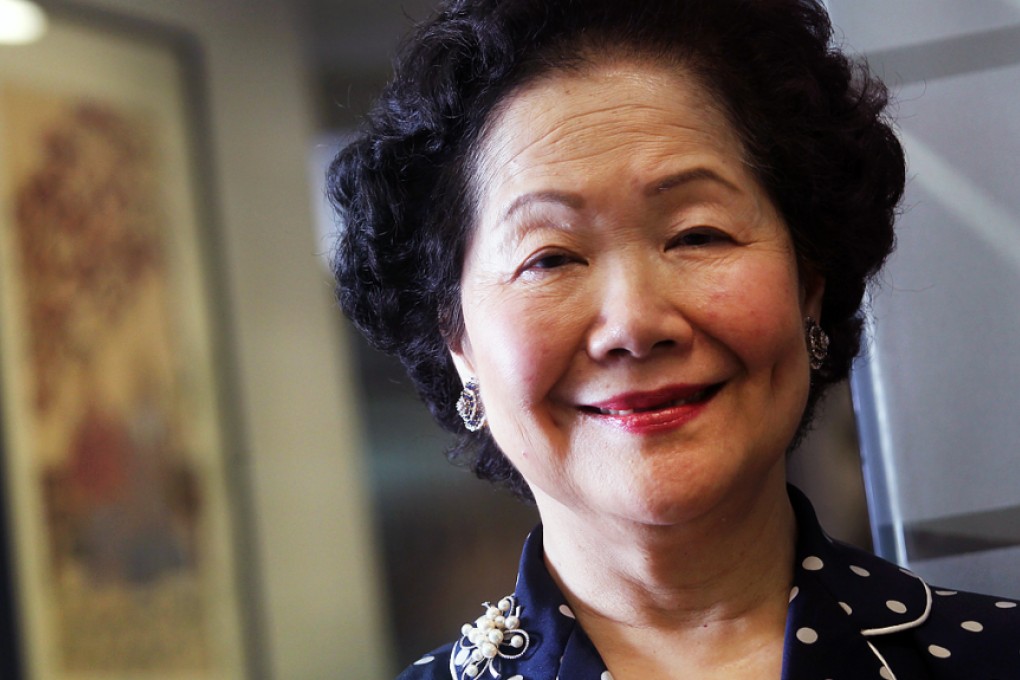Update | Anson Chan's think tank suggests easing 'majority support' rule in Hong Kong's chief executive race
Let's permit chief executive hopefuls who fall way short of the bar Beijing sets to enter public vote anyhow, former chief secretary's organisation says

A think tank led by former chief secretary Anson Chan Fang On-sang is trying to break a stalemate over electoral reform by proposing to let candidates who fail to get past a nominating committee move on to the citywide vote nonetheless.
Hong Kong 2020 is one of very few groups among pro-democracy forces to submit reform proposals to the government during the ongoing second round of public consultation, after pan-democratic lawmakers vowed to boycott the exercise to protest at Beijing's stricter-than-expected framework for reform in August.
The pan-democrats have also threatened to vote down in the Legislative Council any reform plan the government presents under the decision by the National People's Congress Standing Committee, which restricts competition for chief executive to only two or three candidates who secure support from half of a nominating committee.
Chan said yesterday that she sympathised with their frustration over the Beijing's ruling and understood their decision to boycott the consultation.
However, her think tank should try to find a way forward by drafting a plan within Beijing's framework while introducing new elements, she said.
